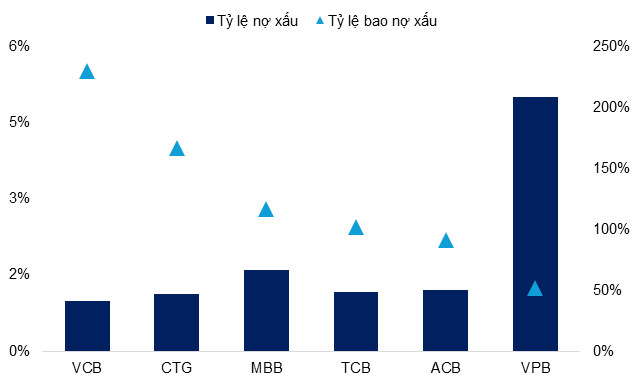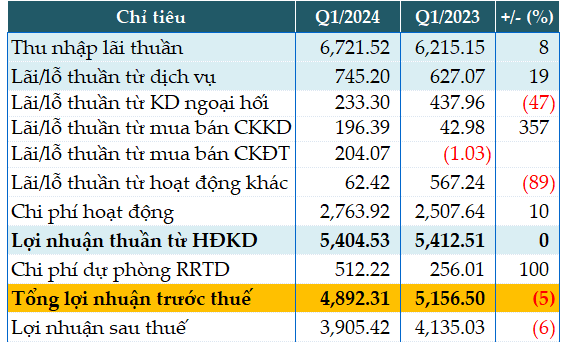In the Law on Credit Institutions (amended), Credit Institutions (CI) do not have the privilege of holding collateral. Therefore, CI need to determine the task of debt collection for themselves, and before granting loans, they need to be extremely strict, ensuring the principles, procedures, and conditions for lending.
Risks of bad debt
Although the Vietnamese economy is showing signs of recovery and is forecasted to be more positive than in 2023, experts evaluate that the target of GDP growth in 2024 at 6-6.5% is not easy. This is because the global economic forecast for 2024 is also unfavorable. In a recent report, the World Bank (WB) forecasted that the global economy will only grow by 2.4% this year, lower than the 2.6% growth rate of 2023; of which the US economy is forecasted to grow by 1.6%; EU to grow by 0.7%, Japan to grow by 0.9%; China to grow by 4.5%…

A new legal corridor needs to be more synchronized to solve bad debt problems
As an economy with a large openness and a high dependence on exports, Vietnam will certainly be highly affected when the global economy continues to slow down. Meanwhile, banking activities are highly dependent on the changes in the economy, especially the production, business, and export activities of enterprises. The production, business, and export activities continue to face many difficulties, on the one hand, it will cause difficulties for credit growth, on the other hand, it will pose many risks of bad debts for banks.
Especially, the collateral assets of most bad debts are real estate. Therefore, when the real estate market is stagnant, CI also have difficulties finding suitable debt buyers. In addition, according to the sharing of banks, the debt restructuring policy according to Circular 02/2023/TT-NHNN, which expired on June 30, 2024, will also create a lot of pressure on debt repayment for businesses.
Facing the forecast for 2024, which still has many challenges and unpredictable developments, the risks in the business activities of banks are still imminent. At Directive No. 01/2024/CT-NHNN, the State Bank of Vietnam directed credit institutions to enhance the handling and recovery of bad debts; improve credit quality, prevent and limit the generation of new bad debts. This is considered a relatively challenging task for banks in the context of the weak health of businesses. However, despite the difficulties, banks affirm that good control of bad debts is their top priority in 2024.
According to the evaluation of the Chairman of the Board of Directors of VietinBank, Tran Minh Binh, handling bad debts is an important step in the process of restructuring the banking system, especially in the current context where bad debts are at risk of increasing due to businesses facing difficulties, mostly due to negative impacts from the external environment of the Covid-19 pandemic. In addition, conflicts between Russia and Ukraine, the Middle East region… have pushed up material costs, increased business costs, and reduced the ability to repay debts. “Through this, it can be seen that bad debts are a problem of the entire economy, not just the banking industry,” Mr. Tran Minh Binh shared.
Handling bad debts will be more difficult
From the above reality, one of the most important tasks of CI in 2024 and the following years is the issue of handling bad debts.
In the context of Resolution 42 expiring, according to the assessment of Mr. Nguyen Quoc Hung, Secretary-General of the Vietnam Banks Association will make it difficult for CI in the task of debt recovery, handling debt and collateral. However, CI still need to comply with and implement according to the provisions of the law to ensure discipline, handle debt recovery properly in accordance with the provisions of the law and the Civil Code. Mr. Nguyen Quoc Hung is worried that when Resolution 42 expires, there will be issues regarding debt repayment consciousness, stubborn psychology of not repaying, as there is no solution or legal regulation to recover and handle bad debts. “The situation of deliberate non-repayment, non-voluntary handover of assets, and causing fake disputes that make it difficult to recover debts will reappear… This greatly affects CI” – Mr. Hung expressed concern.















